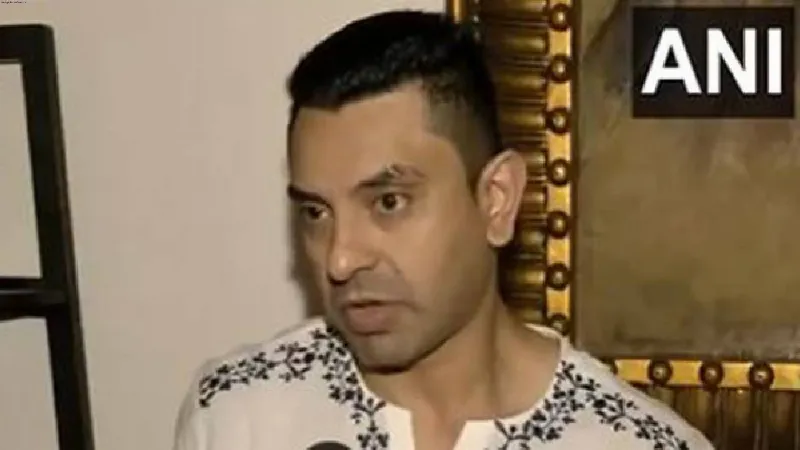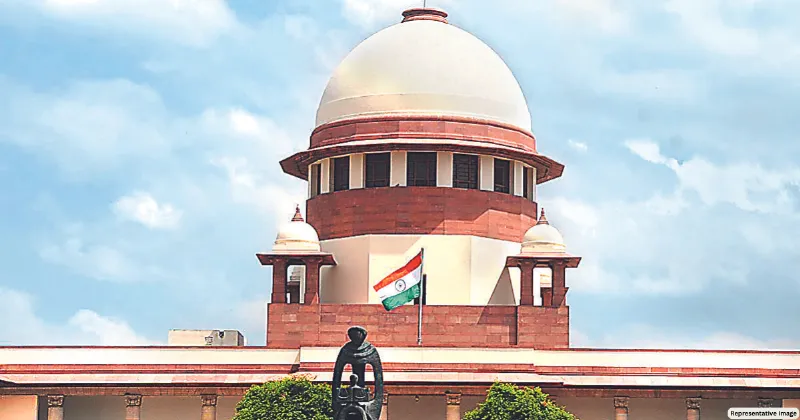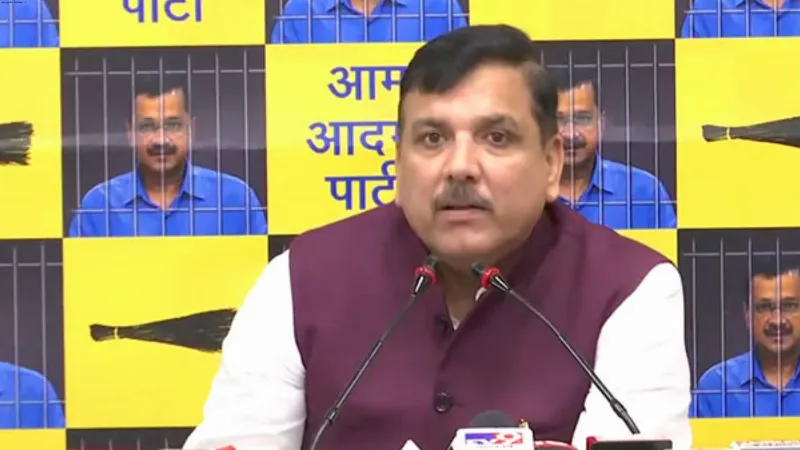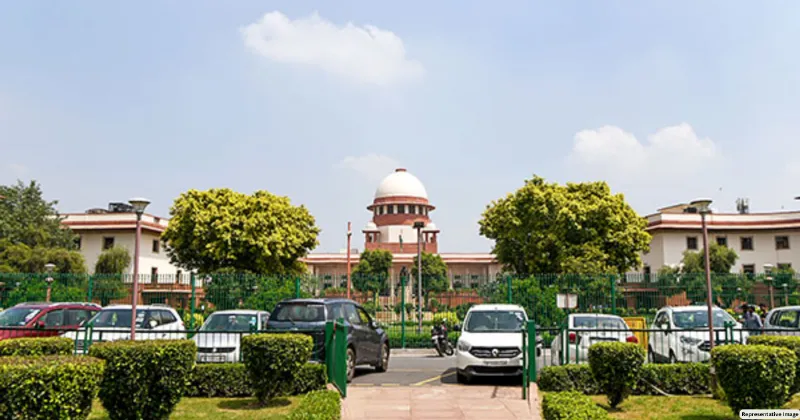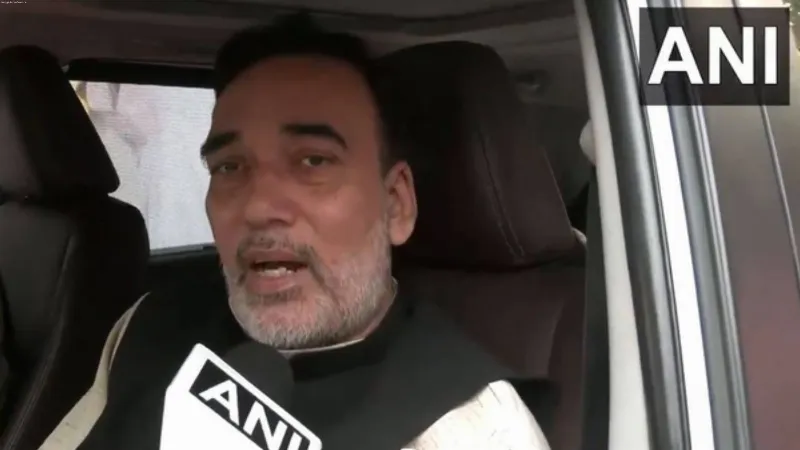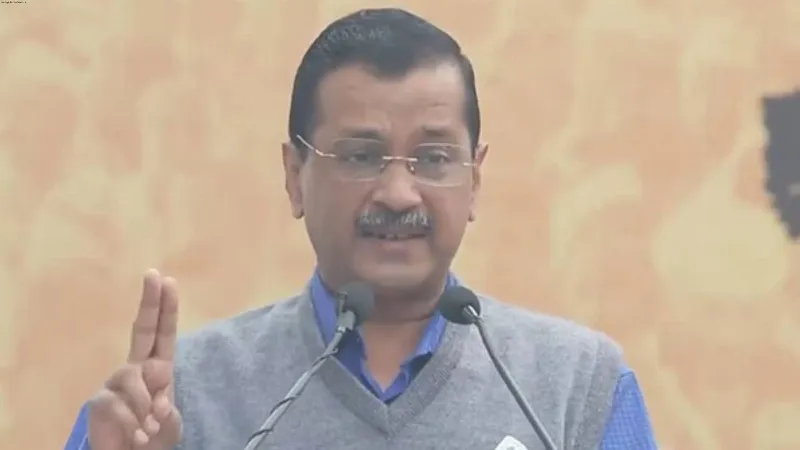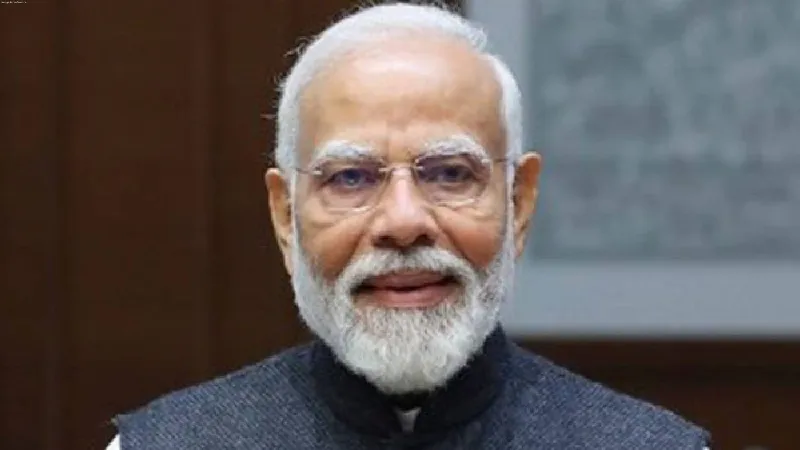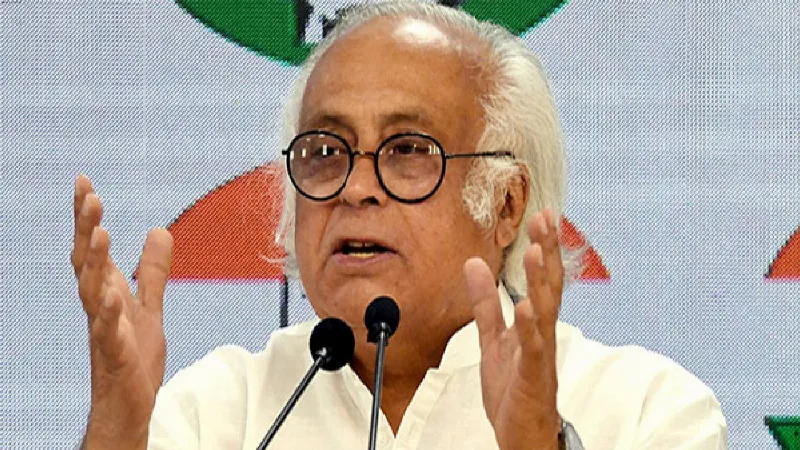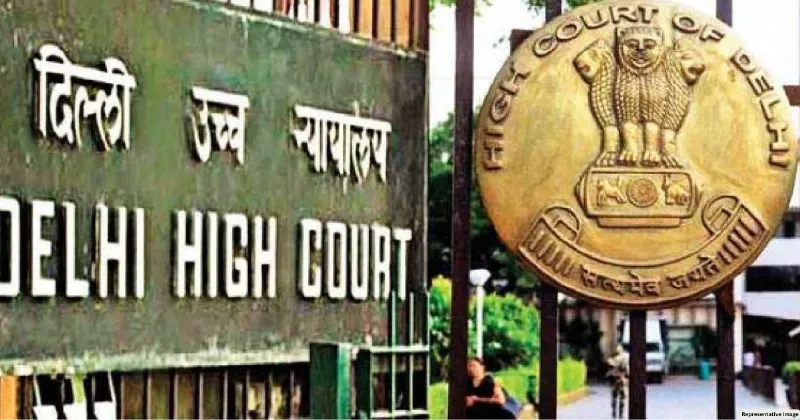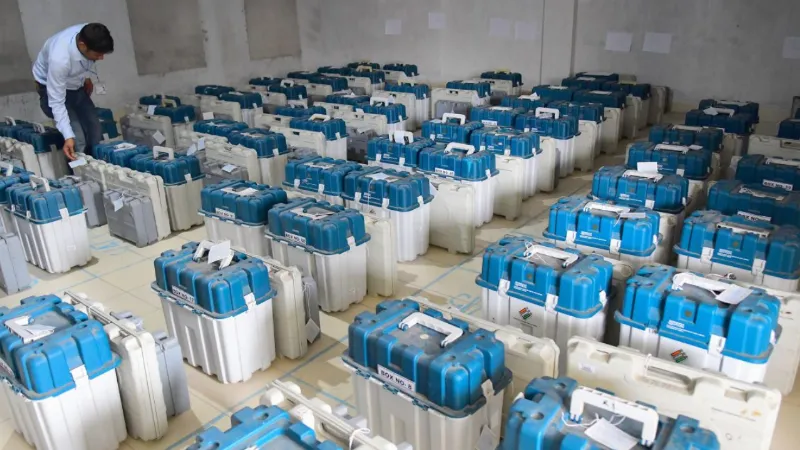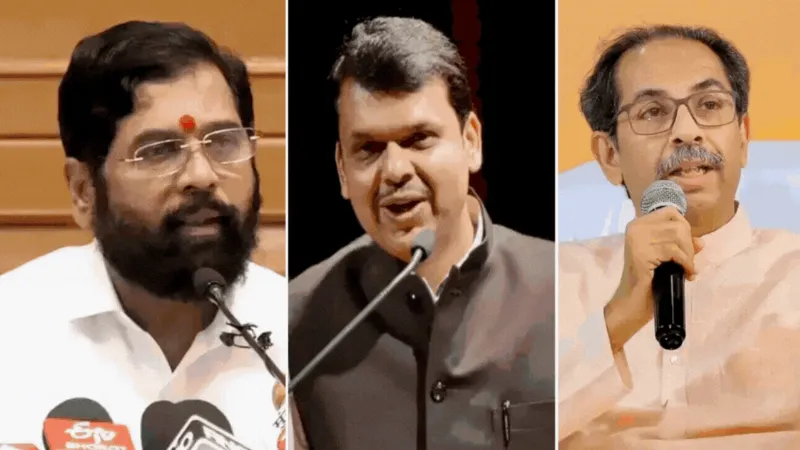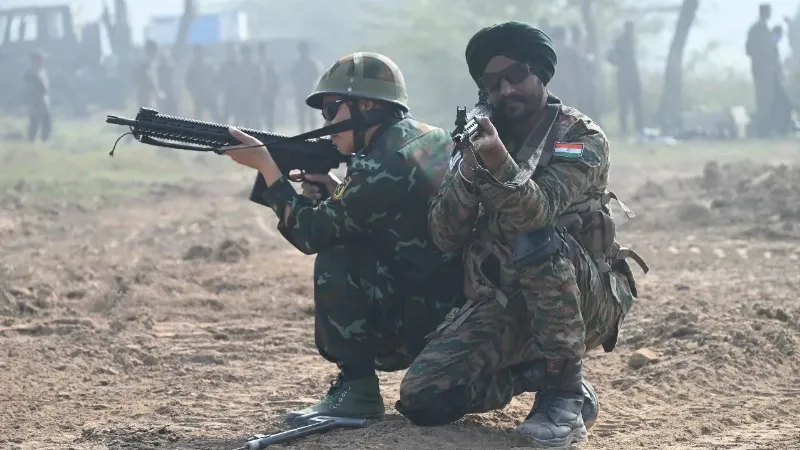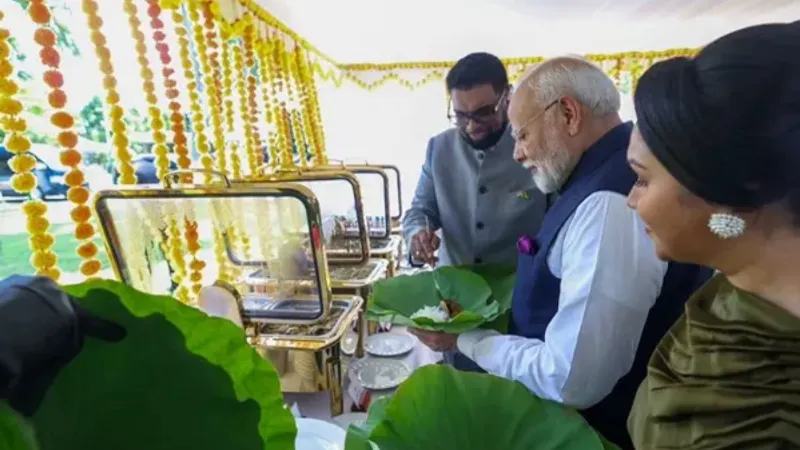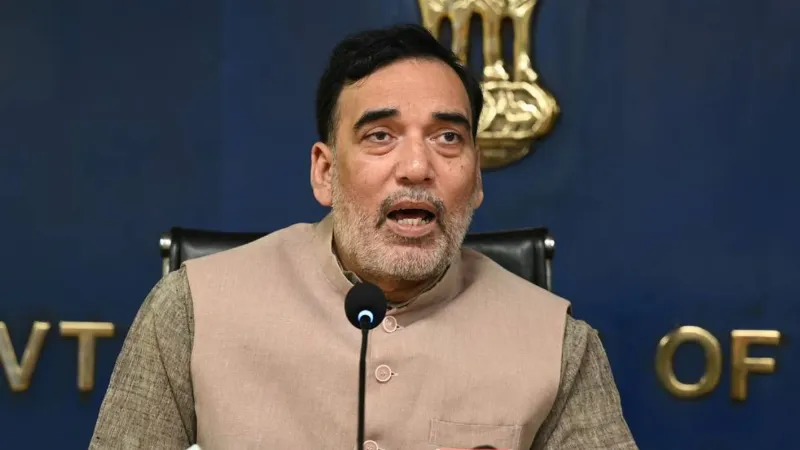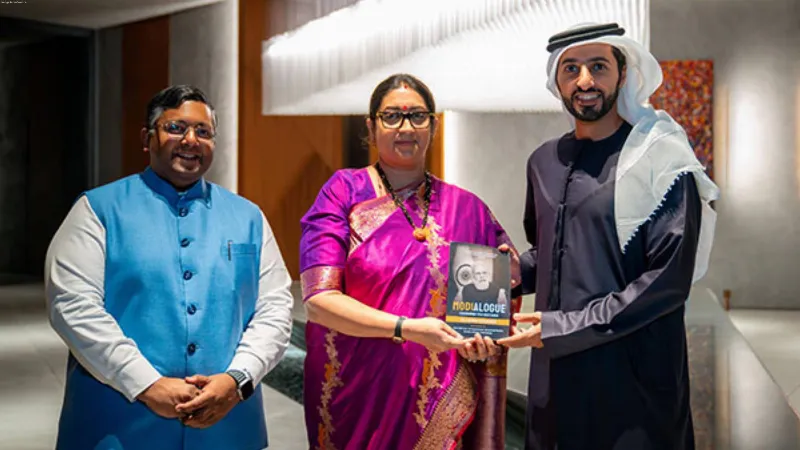India is resident power in Indian Ocean: Chief of Naval Staff Admiral R Hari Kumar
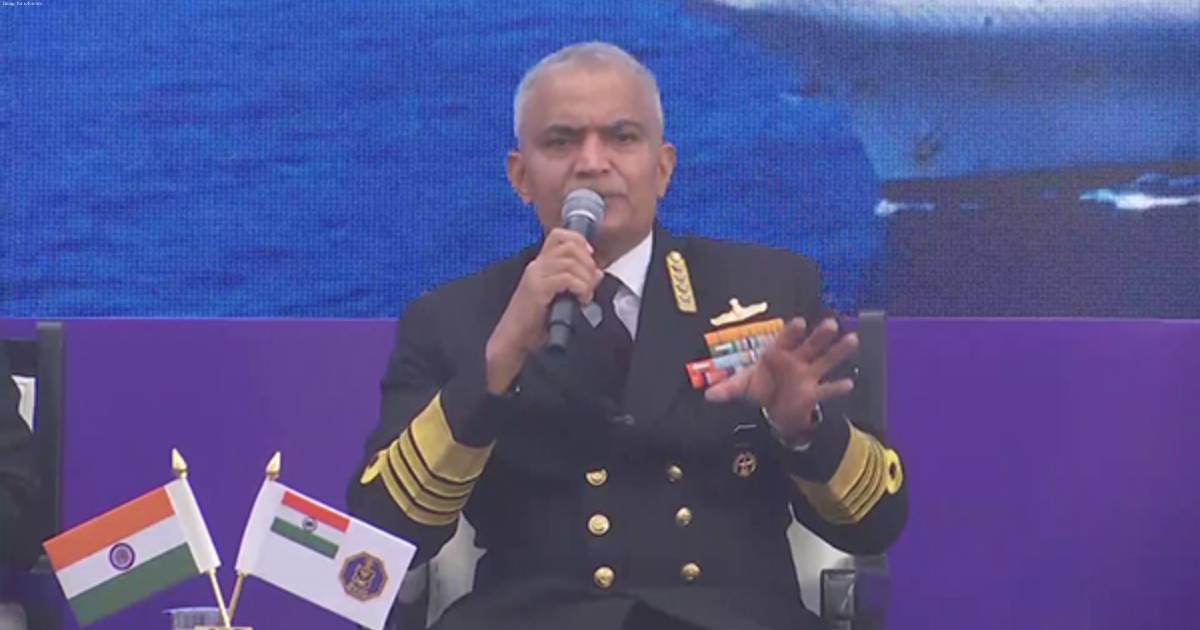
New Delhi: Chief of Naval Staff Admiral R Hari Kumar, at a press conference in Delhi, said on Friday that China may have legitimate reasons to be in the Indian Ocean region but India is the resident power here.
Admiral Kumar, on being asked about the increasing grip of China in the Indian Ocean region, said, "The oceans are considered to be a common heritage; they can be used for the legitimate economic aspirations of any nation. So in that regard, if you look at China, it may have a legitimate reason to be present in the Indian Ocean region for economic activities. But we, as the resident naval power in the Indian Ocean, keep an eye on what all is happening there."
"We try to keep the extra regional forces that are present in the region under surveillance and keep a watch on their activities--what are they engaged in, what are their intentions and so on. So, that is why we deploy our surveillance assets--ships, submarines, aircraft, UAVs and others. So they're deployed regularly to keep our area of interest and observation."
The Chief of Naval Staff, speaking on how friendly operations and exercises with friendly foreign countries help the Indian Navy, said that the task of the Indian Navy is to protect, preserve, promote, and pursue Bharat's national interest in the maritime domain, wherever they lie.
"Our interests are there in the Indian Ocean region and beyond when you look at the Indo-Pacific. So our ships, submarines, and aircraft are deployed accordingly. We try to keep our area of interest under surveillance," said Admiral Kumar.
"It also sends a message about the capability of our units. Frequent deployments and interactions with friendly foreign countries develop trust as well as mechanisms for interoperability for working closer together. It also helps to look at shared challenges and how we can find solutions to address all these issues because we are quite clear in our minds that most of these issues cannot be addressed individually by any nation, no matter how big the force they have," he added.
He further emphasised that there has to be cooperation, coordination, and collaboration in making sure that these issues are addressed together.
Admiral Kumar also talked about the naval air surveillance part and said that, looking at the surveillance aspect, each of the platforms comes with a particular type of capability.
"When you talk of the P-8I, while it has a secondary role for surveillance, it is essentially a submarine warfare aircraft. It is basically an asset that is meant to detect localised and targeted submarines. But when it is not engaged in the task, it can also be used for surveillance."
He also mentioned numerous other primary assets for surveillance but he stated that when an entire ocean area is looked upon, assets with different capabilities will be required. So we have to divide the area that we want to keep under surveillance with different types of assets.
"It has to be a combination of multiple assets to ensure that there is seamless coverage of the area," he said.
On being asked about the things made exclusively for Bharat under the Aatma Nirbhar initiative, Admiral Kumar said, "We are looking at niche technologies, disruptive technologies that we can develop in India, in Bharat, for Bharat, and exclusively for Bharat. So these are technologies that we do not need to share with other countries, which is of interest to us."
He gave an example of the last seminar, where 75 challenges were given and an overwhelming response from start-ups and industries was received.
"More than 1118 startups had responded; by this year, we have been able to take most of them forward and over 100+ contracts have been signed for the development of technology," he said.


